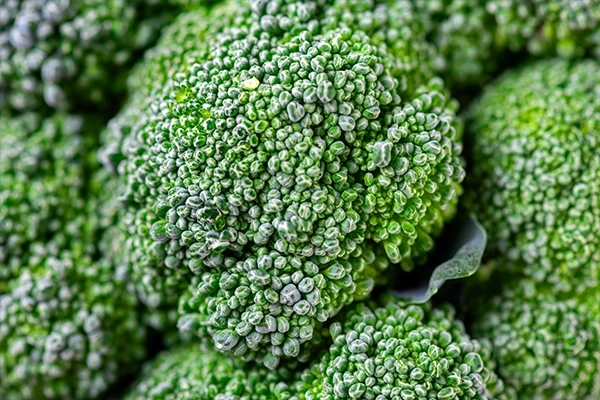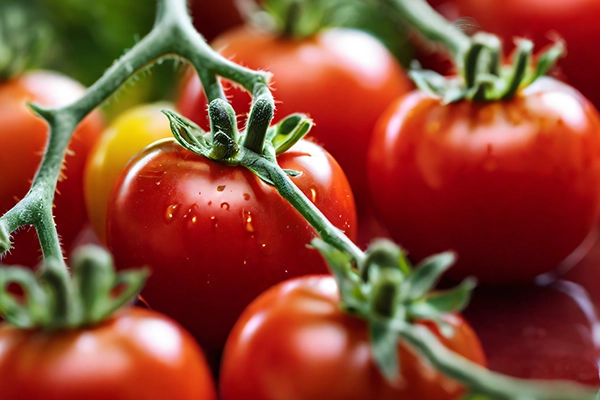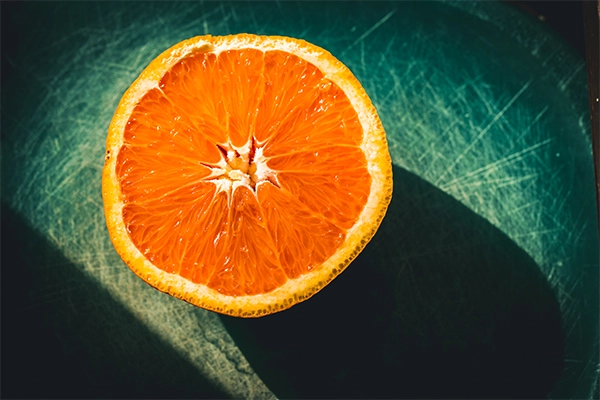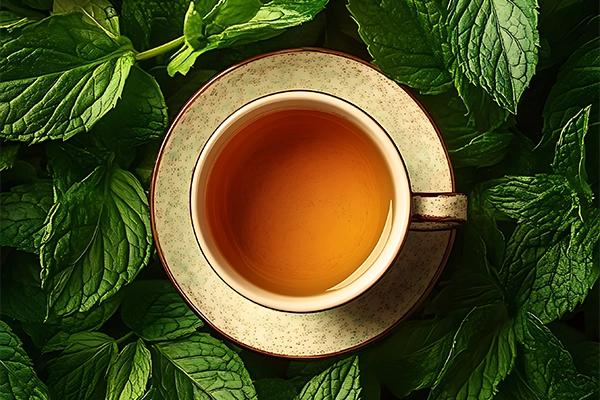Natural Vitamin C is an essential nutrient that plays a crucial role in maintaining our overall health and well-being. While many people immediately think of citrus fruits when it comes to Natural Vitamin C, there are numerous other amazing sources of this vital nutrient. In this article, we’ll explore 20 incredible foods that are packed with Natural Vitamin C, helping you diversify your diet and boost your immune system naturally.
The Importance of Natural Vitamin C
Before diving into our list of Natural Vitamin C sources, it’s essential to understand why this nutrient is so important. Natural Vitamin C is a powerful antioxidant that supports various bodily functions, including:
1. Immune system support
2. Collagen production for healthy skin and joints
3. Improved iron absorption
4. Protection against oxidative stress
5. Wound healing and tissue repair
Now, let’s explore the 20 amazing sources of Natural Vitamin C that you can easily incorporate into your diet.

Natural Vitamin C Sources
Citrus Fruits
1. Oranges: One medium orange provides about 70 mg of Natural Vitamin C.
2. Grapefruits: Half a grapefruit contains approximately 88 mg of Natural Vitamin C.
3. Lemons: While often used as a flavoring, lemons pack about 31 mg of Natural Vitamin C per fruit.
4. Limes: These tangy fruits offer around 20 mg of Natural Vitamin C per fruit.
Berries
5. Strawberries: A cup of strawberries provides an impressive 85 mg of Natural Vitamin C.
6. Blackberries: One cup of blackberries contains about 30 mg of Natural Vitamin C.
7. Raspberries: A cup of raspberries offers approximately 32 mg of Natural Vitamin C.
8. Blueberries: While lower in Natural Vitamin C compared to other berries, a cup still provides about 14 mg.
Tropical Fruits
9. Guava: This tropical fruit is a Natural Vitamin C powerhouse, with one guava containing about 126 mg.
10. Papaya: One small papaya provides around 168 mg of Natural Vitamin C.
11. Kiwi: Two medium kiwis offer about 128 mg of Natural Vitamin C.
12. Mango: One cup of mango chunks contains approximately 60 mg of Natural Vitamin C.
Vegetables
13. Bell Peppers: One medium red bell pepper contains an astounding 190 mg of Natural Vitamin C.
14. Broccoli: A cup of chopped broccoli provides about 81 mg of Natural Vitamin C.
15. Brussels Sprouts: One cup of cooked Brussels sprouts offers around 97 mg of Natural Vitamin C.
16. Cauliflower: A cup of chopped cauliflower contains approximately 52 mg of Natural Vitamin C.

Leafy Greens
17. Kale: A cup of chopped kale provides about 80 mg of Natural Vitamin C.
18. Spinach: While often overlooked, a cup of raw spinach contains about 8 mg of Natural Vitamin C.
19. Mustard Greens: One cup of chopped mustard greens offers approximately 39 mg of Natural Vitamin C.
20. Swiss Chard: A cup of chopped Swiss chard provides about 31 mg of Natural Vitamin C.
Incorporating Natural Vitamin C Sources into Your Diet
Now that we’ve explored these 20 amazing sources of Natural Vitamin C, let’s discuss some practical ways to incorporate them into your daily diet:
1. Start your day with a citrus-packed smoothie
2. Add berries to your breakfast cereal or yogurt
3. Snack on sliced bell peppers with hummus
4. Include a side salad with leafy greens at lunch
5. Roast Brussels sprouts or broccoli as a dinner side dish
6. Enjoy tropical fruits as a refreshing dessert
The Benefits of Choosing Natural Vitamin C Sources
While supplements are available, opting for Natural Vitamin C from whole foods offers several advantages:
1. Better absorption: Natural Vitamin C is often more easily absorbed by the body compared to synthetic forms.
2. Additional nutrients: Whole foods contain other beneficial compounds like fiber, antioxidants, and phytochemicals.
3. Balanced intake: It’s harder to overconsume Natural Vitamin C from whole foods, reducing the risk of potential side effects.
4. Variety in your diet: Incorporating various Natural Vitamin C sources ensures a diverse and enjoyable eating experience.
Cooking Tips to Preserve Natural Vitamin C
To maximize the Natural Vitamin C content in your foods, consider these cooking tips:
1. Eat fruits and vegetables raw when possible
2. Steam or microwave vegetables instead of boiling
3. Cook for shorter periods to minimize nutrient loss
4. Store fruits and vegetables properly to maintain freshness

Potential Health Benefits of a Natural Vitamin C-Rich Diet
Consuming a diet rich in Natural Vitamin C sources may contribute to various health benefits:
1. Enhanced immune function
2. Improved skin health and reduced signs of aging
3. Better cardiovascular health
4. Reduced risk of certain chronic diseases
5. Improved mood and cognitive function
Conclusion
Incorporating these 20 amazing sources of Natural Vitamin C into your diet can significantly boost your overall health and well-being. From classic citrus fruits to surprising vegetable options, there’s a wide variety of delicious foods to choose from, ensuring you meet your daily Natural Vitamin C needs naturally and enjoyably.










